
by Janice L. Newman
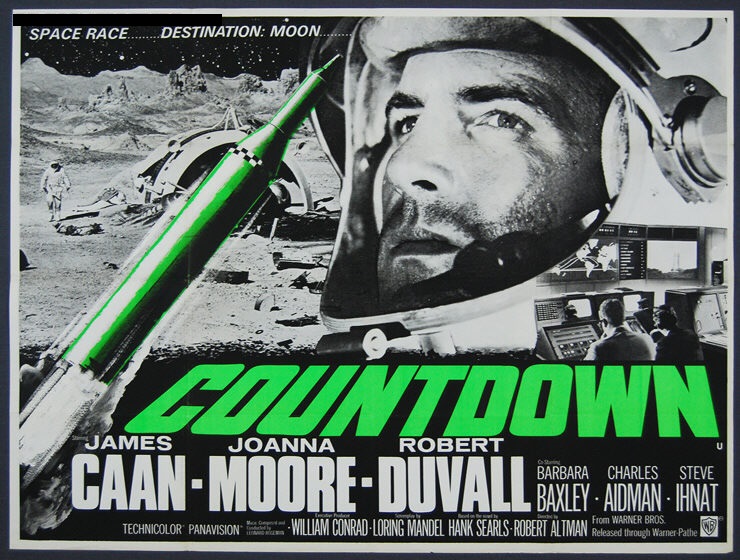
When we learned that last year’s Countdown was playing in San Diego theaters, The Traveler and I decided to make a night of it and drive down to watch it. The Traveler is a space buff, of course, so it was a natural fit. Would I recommend it? Well, it depends.
The story is simple and straightforward, with few surprises. When the Russians send up a civilian astronaut to circumnavigate the moon, with three more astronauts presumably soon to follow and actually land, NASA implements an emergency plan to get a man on the moon at any cost. He’ll be stuck there for a year, provided he can find and enter a previously-sent shelter pod before his oxygen runs out. Public relations concerns force NASA to tap the less-qualified civilian Lee for the role rather than their first choice, Colonel Chiz. After many conversations, discussions, arguments, and training sequences, Lee is sent to the moon to land a few days after the Russians. What happens next is, shall we say, narratively predictable, but I'll let you watch the movie to see for yourself.
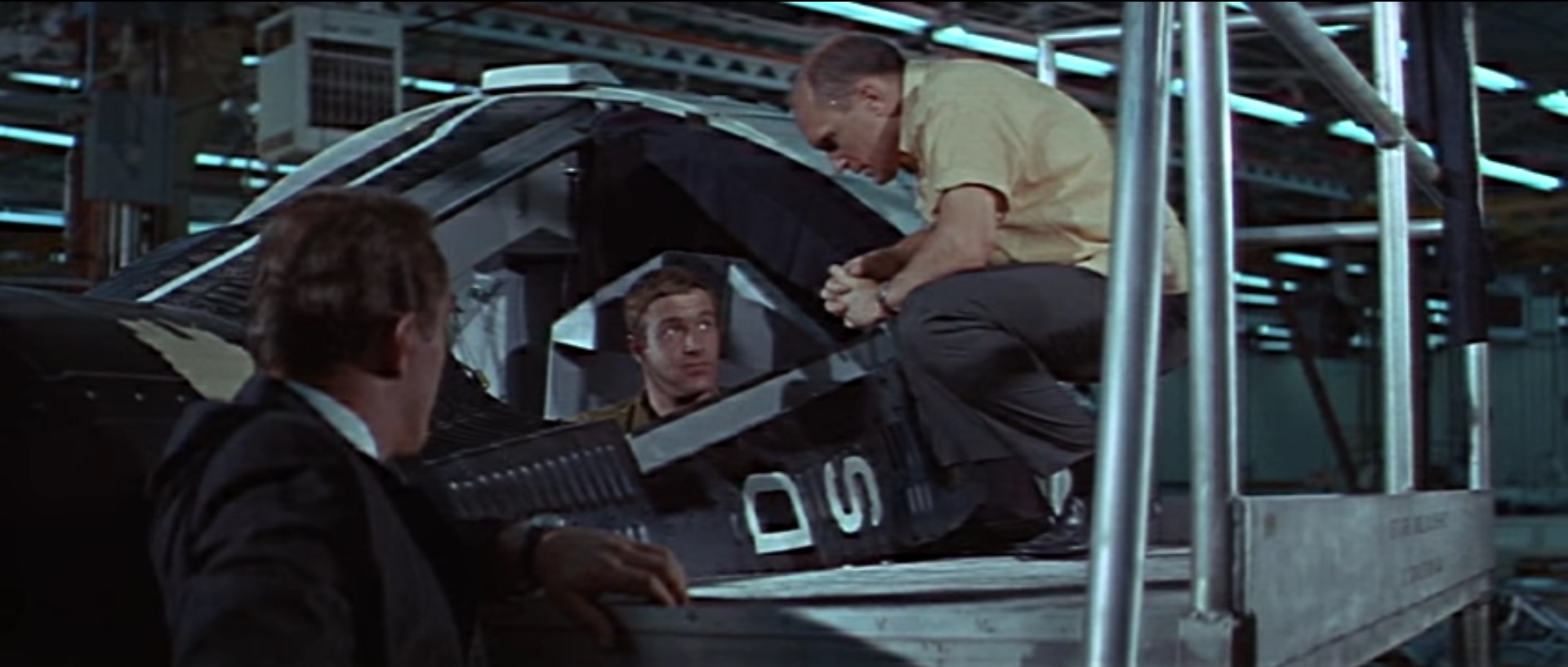
Lee and Chiz in the modified Gemini that will go to the moon–it's clear NASA helped Warner Bros. make this film.

![[May 16, 1968] Counting down, and a blast from the Past (<i>Countdown</i> (1967) and <i>The Time Travelers</i> (1964))](https://galacticjourney.org/wp-content/uploads/2023/05/680516posters-672x360.jpg)
![[March 22, 1968] (Two Things Only the People Anxiously Desire, <i>Star Trek</i>: "Bread and Circuses")](https://galacticjourney.org/wp-content/uploads/2023/03/680322title1-672x372.jpg)


![[February 28, 1968] Zero for the Price of Two (<i>Star Trek</i>: "By Any Other Name")](https://galacticjourney.org/wp-content/uploads/2023/02/680228title-672x372.jpg)
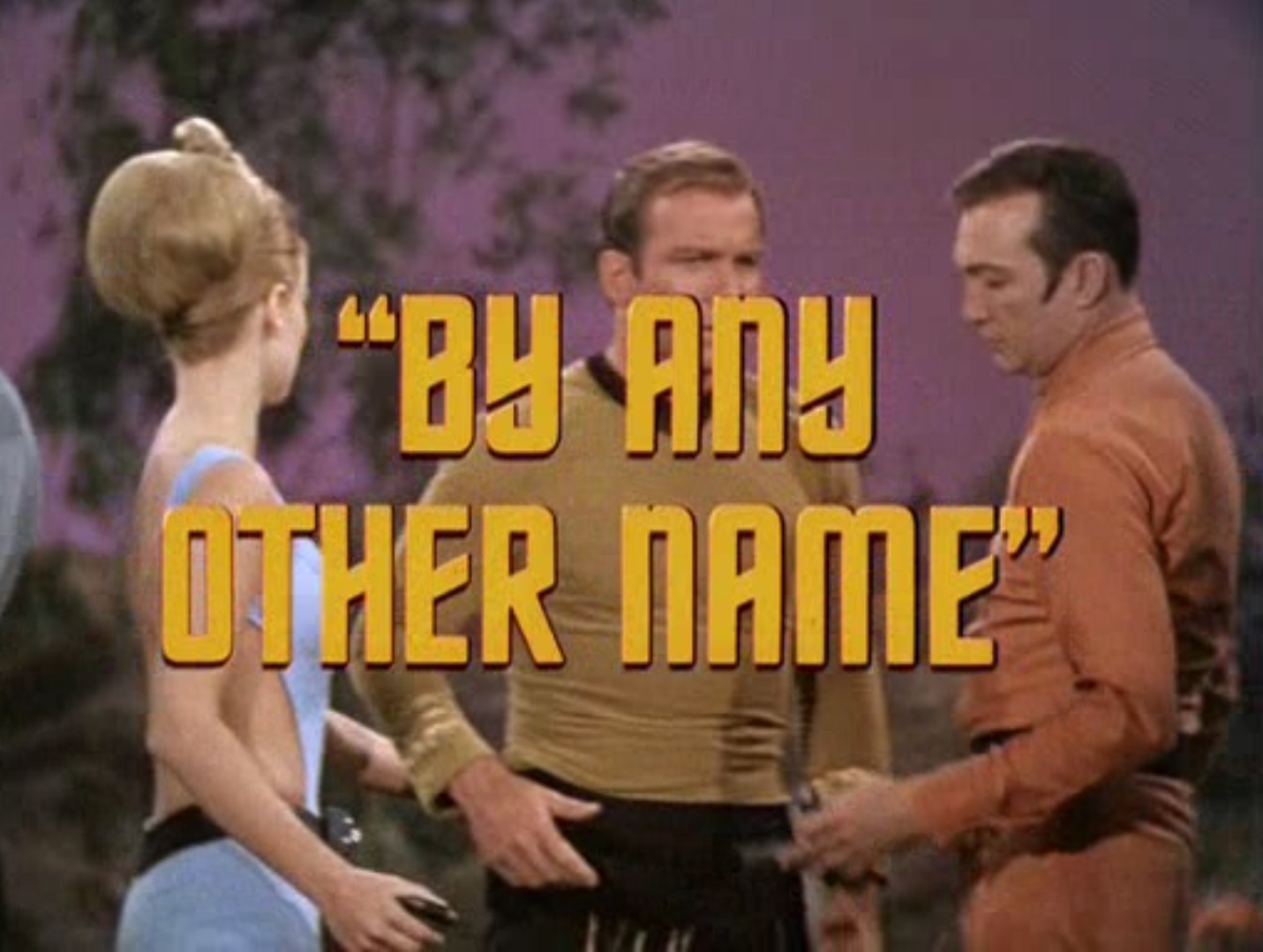


![[December 28, 1967] Stumbling Bloch (<i>Star Trek</i>: "Wolf in the Fold")](https://galacticjourney.org/wp-content/uploads/2022/12/671228title-672x372.jpg)
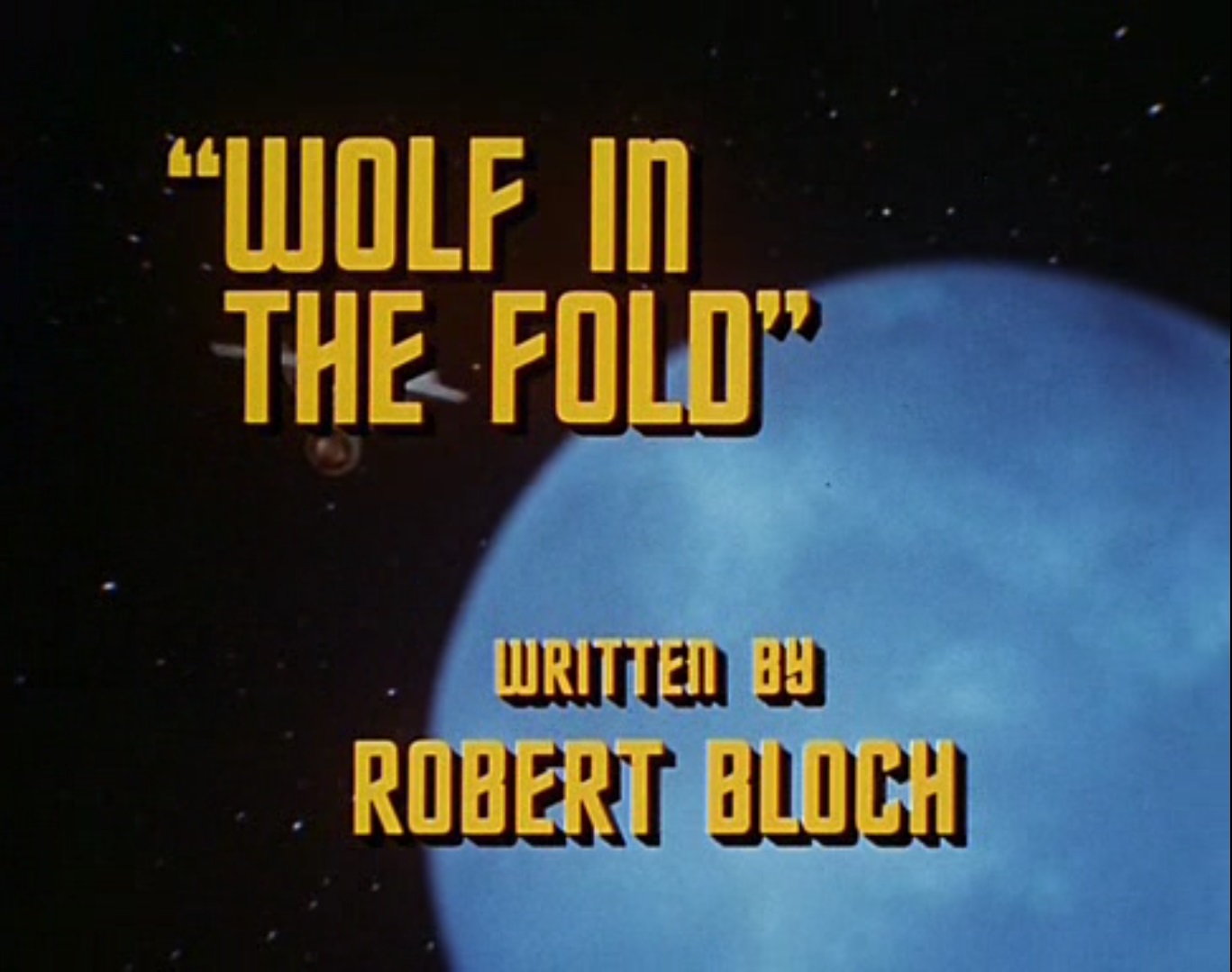
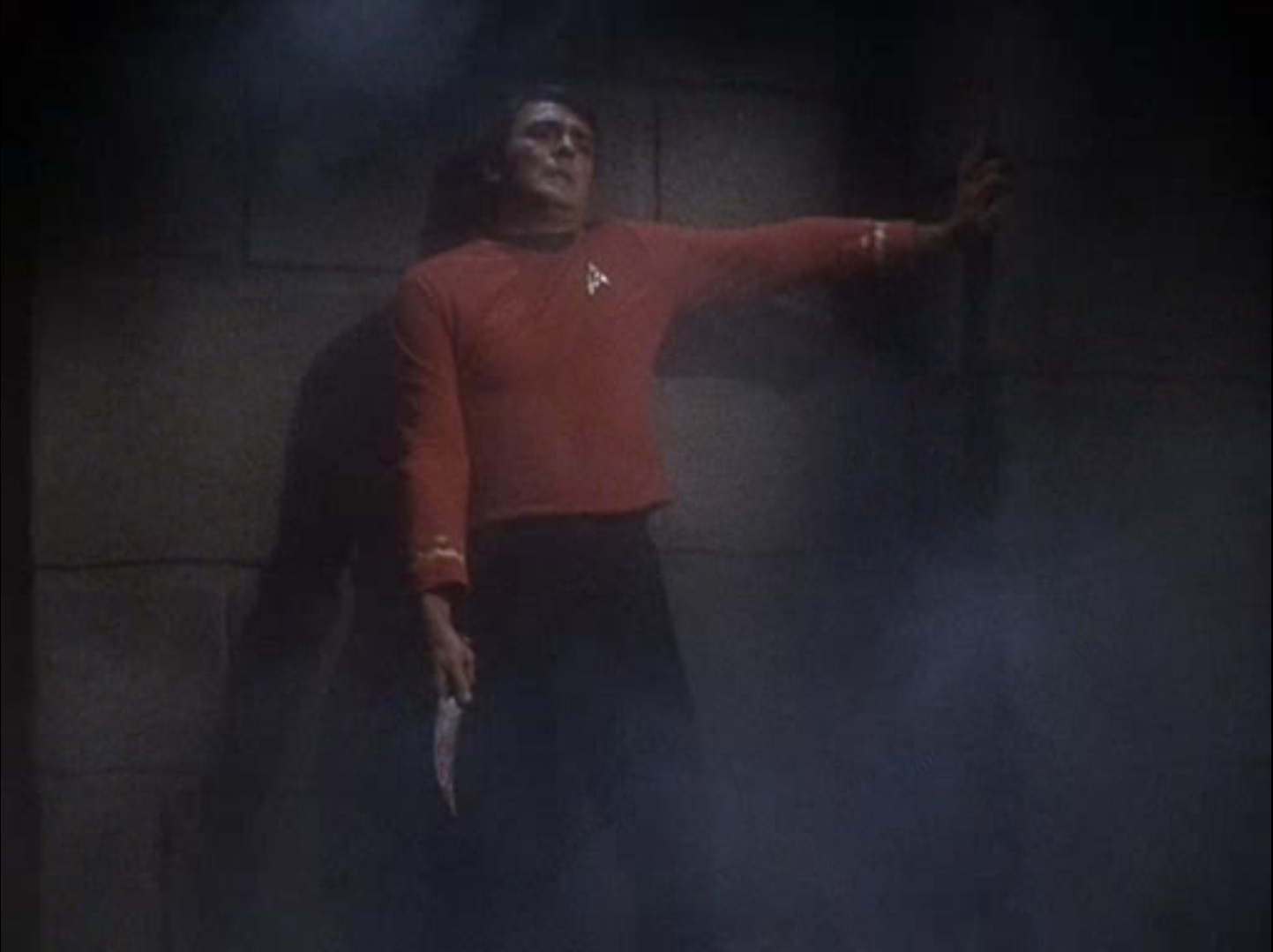
![[December 14, 1967] What a Drag it is Getting Old (<i>Star Trek</i>: "The Deadly Years")](https://galacticjourney.org/wp-content/uploads/2022/12/671214title-672x372.jpg)

![[September 28, 1967] We have met Divinity, and He is Ours (<i>Star Trek</i>: "Who Mourns for Adonais")](https://galacticjourney.org/wp-content/uploads/2022/09/670928title-672x372.jpg)
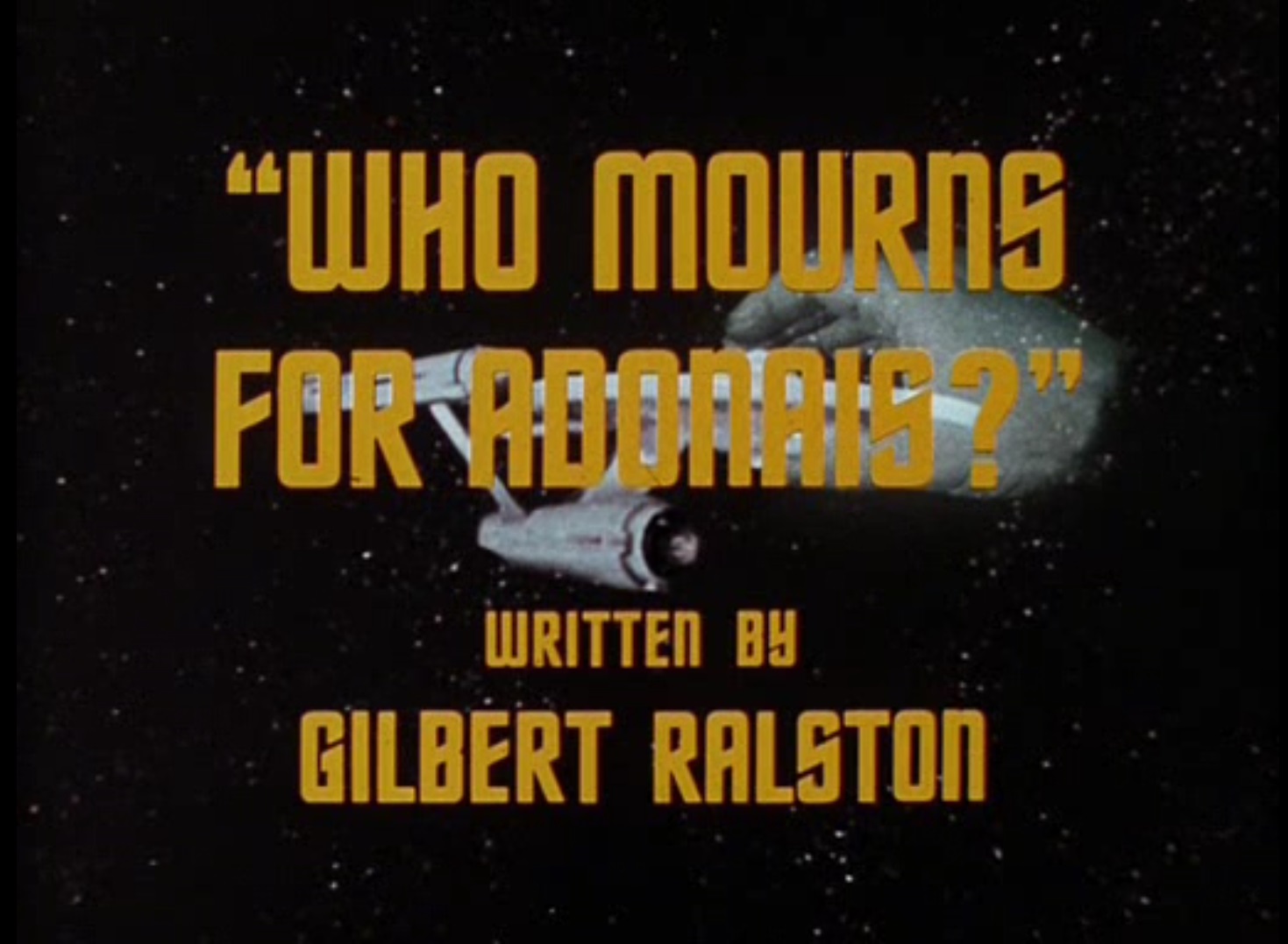
![[May 10, 1967] Float Like A Butterfly, Sting Like A Bee (<i>The Green Hornet</i>)](https://galacticjourney.org/wp-content/uploads/2022/05/670510title-672x372.jpg)


![[April 12, 1967] We'll take Manhattan (<i>Star Trek</i>: "The City on the Edge of Forever")](https://galacticjourney.org/wp-content/uploads/2022/04/670412title-672x372.jpg)

![[April 6, 1967] But what of <i>Star Trek</i>? ("The Alternative Factor")](https://galacticjourney.org/wp-content/uploads/2022/04/670406title-672x372.jpg)
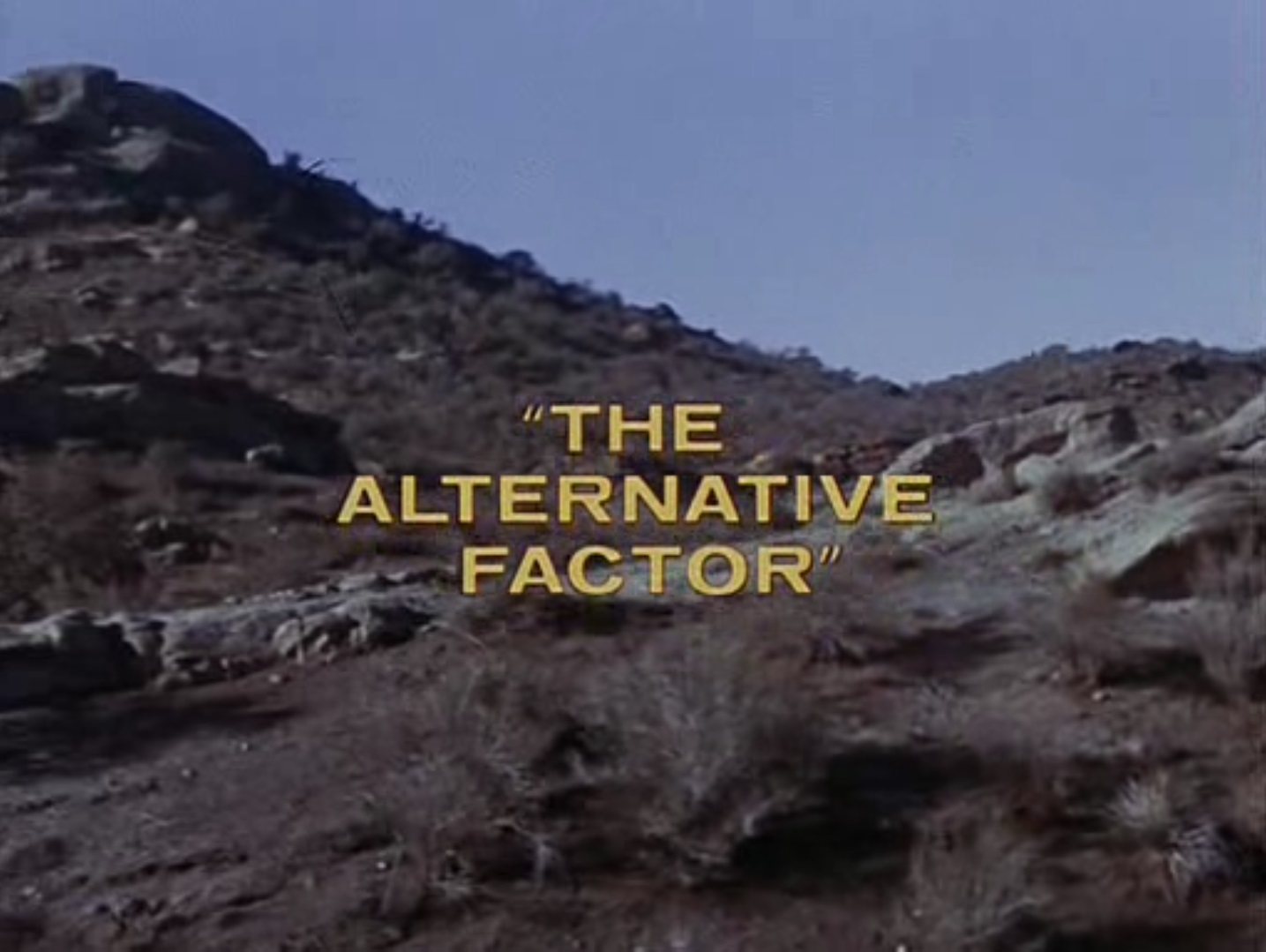
![[February 22, 1967] Where some (super)men had gone before (<i>Star Trek's</i>: "Space Seed")](https://galacticjourney.org/wp-content/uploads/2022/02/670222title-672x372.jpg)
